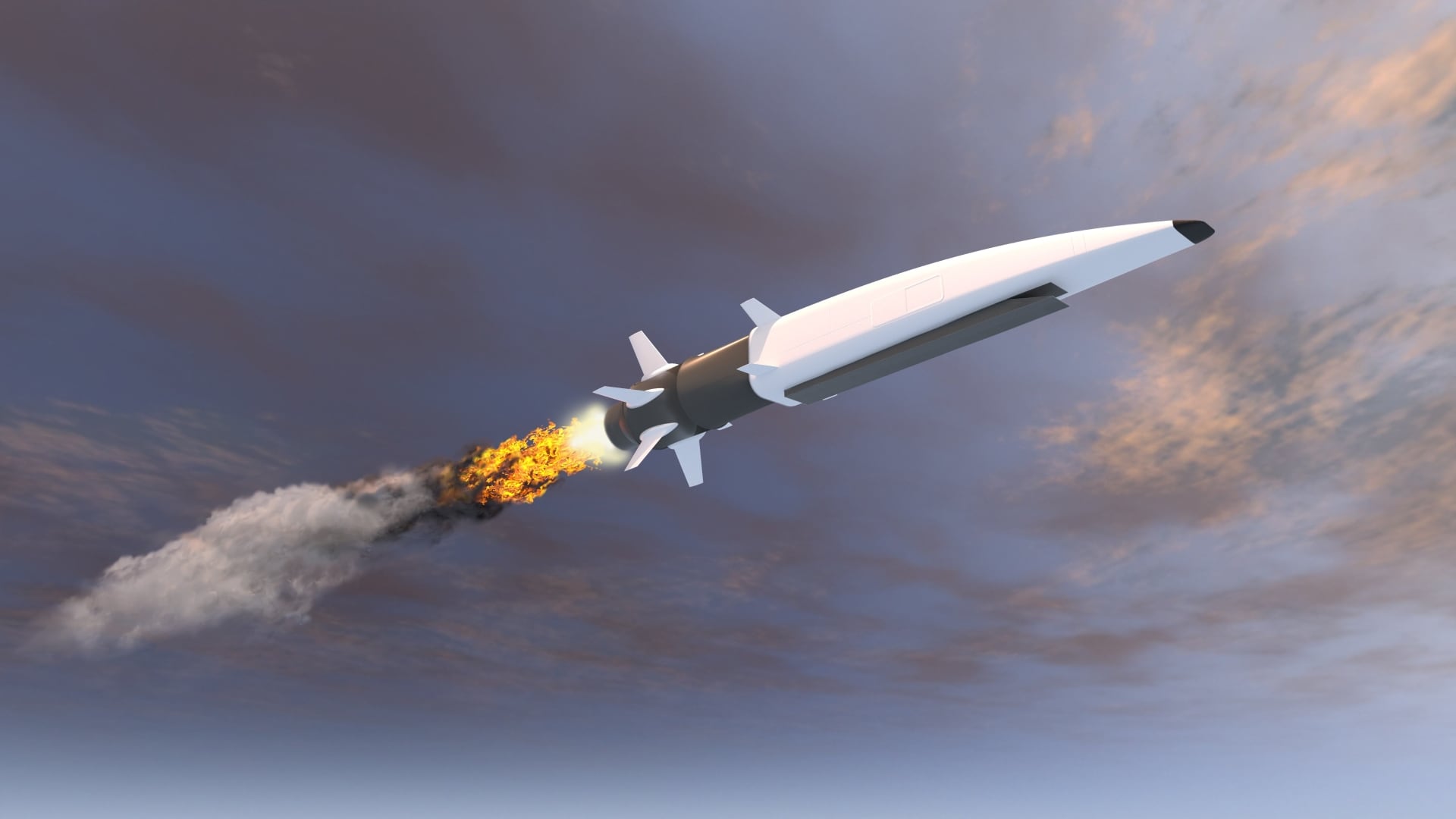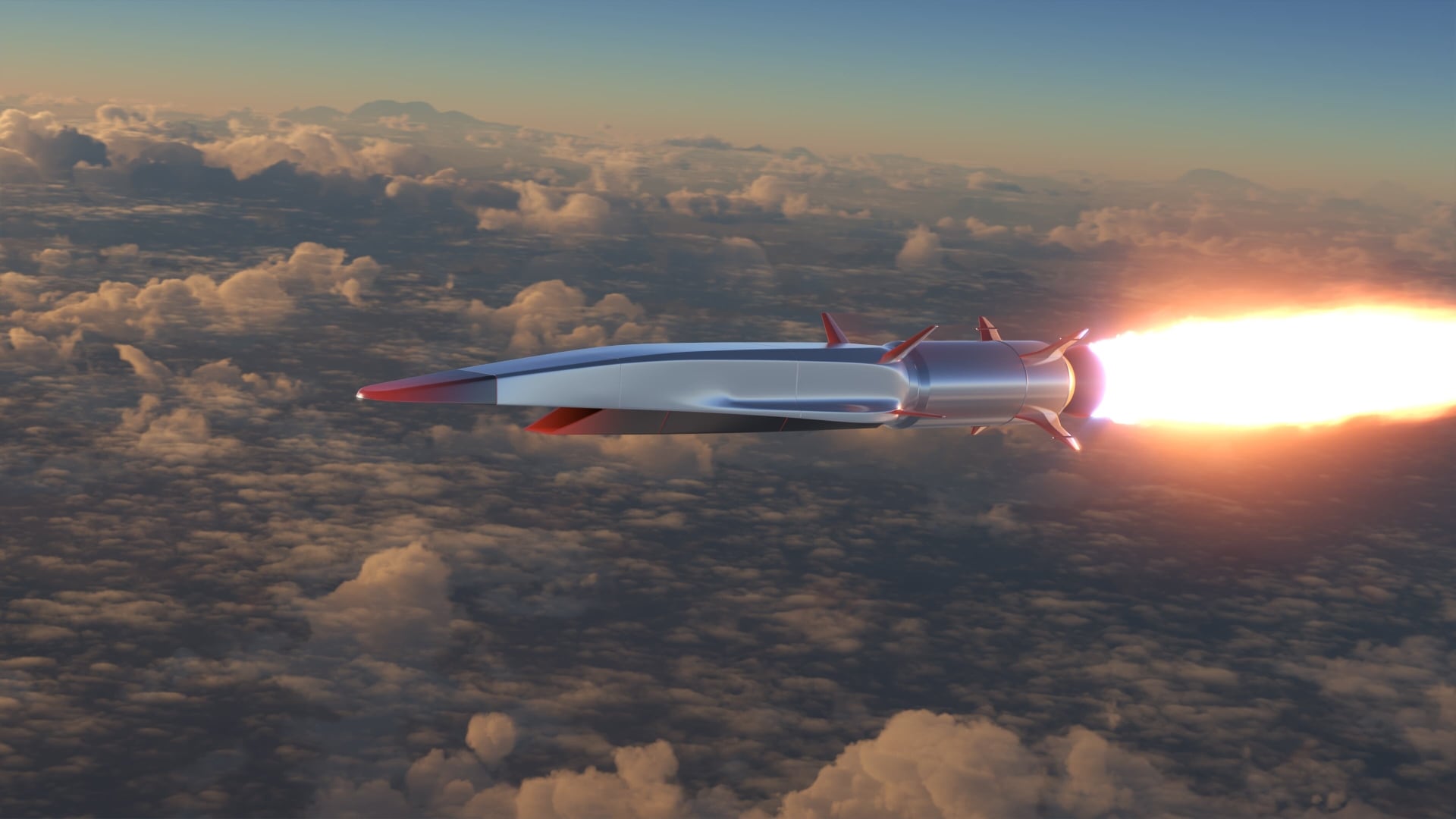On Nov. 10, Lt. Gen. Steven Kwast took over as commander and president of Air University, the center of education for the US Air Force at Maxwell Air Force Base in Montgomery, Alabama. Kwast ran the Air Force portion of the most recent quadrennial defense review (QDR) before being tasked by Chief of Staff Gen. Mark Welsh to increase the importance of education for the service. He spoke with Defense News just days before taking on his new position.
Q. What is your vision for where the Air University [AU] needs to go over the next five years?
A. The vision is really a broader vision from the chief and secretary. We are sitting at this nexus where we have a more dangerous world out there, and our nation is asking us to do things that keep us busier now than we ever have been before. Yet we have fewer people than we had when we first started this Air Force.
Those demographic realities mean that we have got to start thinking differently about how our resources are applied to the foundation of thinking. That the only way we are going to make it is if we adapt and transform our educational process so that we can educate more airmen more deeply at more affordable price points than we have before. The good news is there are technologies and techniques and there is evidence and research out there that really give us facts as to how we can do this better and refine it into something that allows us to achieve that.
Q. What about connecting AU to the outside world?
A. The second part is connecting all of those thinkers [to] industry, in the commercial sector, in academia, in think tanks, in simulation centers, in modeling centers, the laboratories, our scientists and our engineers. Our network of thinkers here are networked with other folks in different ways that we knit together that provides evidence and advice to the chief and secretary. The question is how we allow more workload to be picked up, by maybe some students here and there, that help build that body of evidence that then is put together by our faculty and our staff in ways that really are meaningful and relevant.
We are going to build a [budget], OK? What do we need to build in order to connect the technology to the grand strategy, and what does it mean? Who has been thinking about the moral component of this? Who has been thinking about the social component of this? Who has been thinking about the art of war in regard to this? Who has been thinking about the affordability? Where is the research needed? It is really about taking a reinvented educational construct that can educate more people more deeply and then making it congruent and chasing the strategic problems of the day.
Q. Are geopolitical factors increasing the need for AU's research and education?
A. The world is a more dangerous place, and we have fewer resources, [meaning] we may need to increase the degree to which we are doing this, the ratio if you will, the return on investment where students more broadly are chasing the problems of the day, so that those problems of the day are informed by analytical rigor, discipline, thought and staring the facts straight in the eye. It is really easy for our system to be seduced by a clever idea that may never actually pan out, where the physics of it just doesn't work. If you more fully lean on the thinkers of your enterprise to give you evidence, you actually move forward in a way that buys down the risk on an uncertain future more completely.
It's like a good investor. A good investor buys down risk because the future is unknown, you just don't know which stock is going to do well, is not going to do well. If you try to guess, you generally fail over the long run. But those that diversify, those that actually invest in many different things that are potential game changers, are the ones that, when the future does unfold in a way that is unexpected and unpredicted, have got enough intellectual pots simmering of ideas, of new technologies and concepts connected with the grand strategy that you can pick up the ball and run with something relevant and useful to the president when that crisis comes. And that is really the journey we are on — to amp up what we are already doing in ways that more fully [intertwine] students into the problems of the day.
Q. Do you envision AU becoming a feeder for future budget discussions?
A. Probably the best way to put it is, [Welsh] would like this place every year to have certain projects that are connected to the most urgent strategic problems. And the evidence that builds over time on those strategic problems influences the guidance to building the POM [program objective memorandum]. It influences the strategic choices that are part of the POM and corporate process. And it influences the adaptation and shaping of the strategy, each and every year. We can be a place that is one of the voices into the headquarters and into the strategy.
Q. What unique capabilities does AU bring to those discussions?
A. We have something here that does not exist anywhere else in the world — airmen of every rank and every skill set, and we have the best and the brightest. Nowhere else do you have a place where you can really think across business lines. You have it here because I knit together a cyber expert and a space expert and an air superiority expert and a special forces expert, and I say, "OK, here is our problem. If we combine this approach that I have over here [with] your technology over there, we actually can do one thing that solves both of our problems and applies to this problem better."
You can see how innovation actually is on steroids when you knit together subject matter experts from different silos, different areas of expertise, and when you teach them to think critically and strategically you find that innovation is amped up. That's what we're looking for here, to take advantage of this unique environment that doesn't exist anywhere else in the Air Force.
Q. Are you bringing any experiences or ideas from your time as QDR head to this new challenge?
A. What I am bringing is the relationships that I built. So the Air Force is already doing [the research]. It is just a matter of connecting some of these dots and unleashing the brilliance that is happening in the Air Force right now. If I can take you on a trip to every scientist, engineer, every laboratory in the Air Force, your jaw would drop at what they are doing. It is just a matter of connecting those dots. In a big bureaucracy, that is sometimes hard to do, especially when you are so busy with so much work and so few people. So what we are looking for is that collaborative technology, those collaborative tools that allow us to see what is going on and to talk with another one. And then to marshal up all of these brilliant ideas and connect them with the chief and secretary in the context of strategy and the geopolitical environment. That is really it in a nutshell.
Q. Does that require more ties with industry?
A. It does. Not just industry, but academia and what we have in the River Region here with Auburn University, Alabama State University, Troy University, University of Alabama and then industry. It is connecting with the Navy and the Army think tanks and laboratories and research centers. It is knitting together the sea of brilliance out there not in the way that tries to control it, but in the way that tries to connect the islands of brilliance with bridges that allow us to innovate more rapidly.
Q. How important is it to be able to rapidly produce solutions?
A. If I had to say one sentence that describes the quintessential coin of the realm right now, it is the nation that can deliver to the president solutions to problems and bring technology to bear and concepts to bear in a way that is quicker than the adversary is the one that is going to win. It is about speed. It is about range. And those are attributes that the Air Force naturally brings. That is really what this is about — do that quicker, to bring new things, new technologies as this speed of life is accelerating, the speed of change is accelerating; those people that can bring things to bear quicker than the adversary are going to be the winners in the long run. That's what we are going to do.
Q. Should distance learning be given a greater role in military education?
A. There is nothing magical about the human brain, and there is really nothing new about the human brain. It learns the same way it did back in the Stone Age. We may have more evidence now about how it learns better, and what techniques make it unique for you because you learn differently than I do. There is no magic pill, and it is not OK to just say go to this website and you will learn as well as you would if you were sitting next to the professor in a course where you actually travel and live at the institution. That is just not true.
However, there are enough institutions out there leading the way in this where we don't have to go this alone. So distance learning is not necessarily a panacea, but it is a tool to accentuate the brain's ability to learn quickly and to stay adaptive and relevant. ■
By Aaron Mehta at Maxwell Air Force Base, Montgomery, Alabama.








